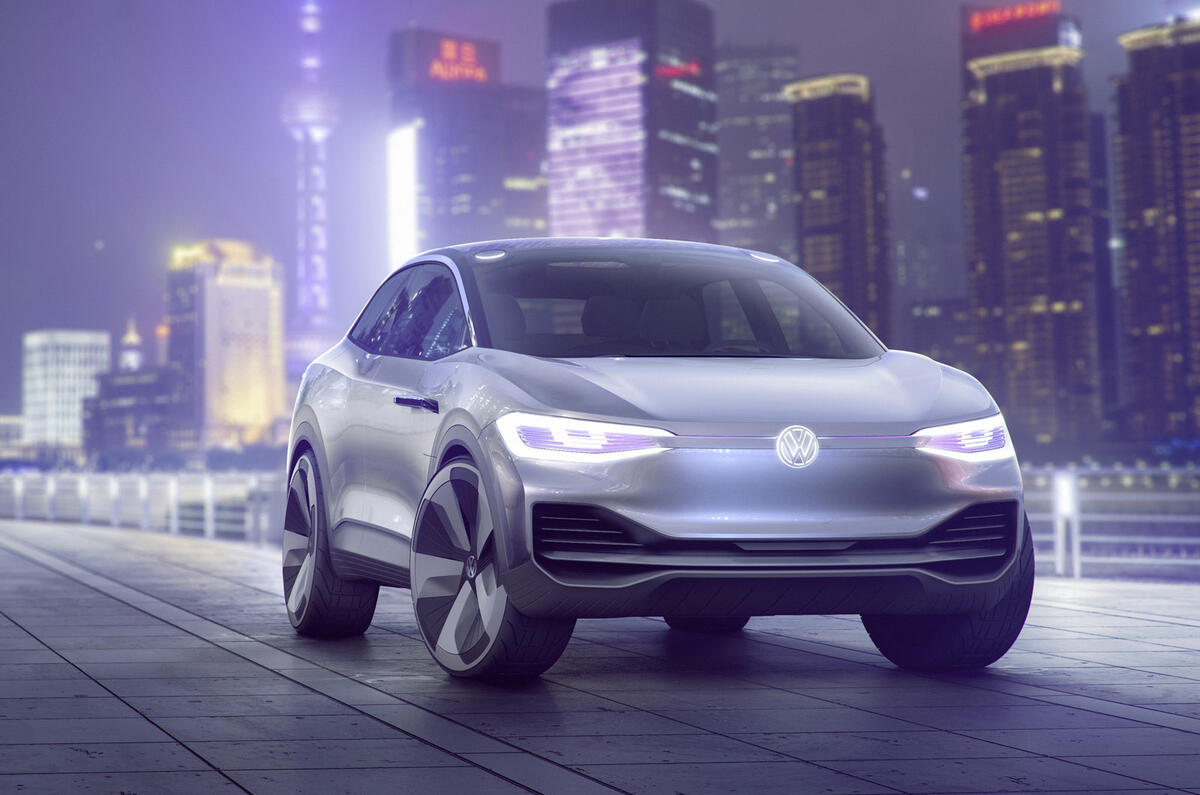The Volkswagen Group will invest around £7.5 billion into developing electric and alternative drivetrain cars in the next five years, with plans to launch more than 30 battery-powered models by 2025.
Speaking at the Group’s annual general meeting, CEO Matthias Müller also launched a staunch defence of diesel engines, saying that they will remain 'indispensable' for the foreseeable future.
The £7.5bn investment is part of the Group's plans to become the market leader in e-mobility as part of the Together - Strategy 2025 plan. Volkswagen has already invested £2.5bn in developing alternative drive technology over the past five years.
Volkswagen Sedric concept revealed at Geneva
Speaking about the investment plan, Müller said: “This is how we will be rolling out more than ten new electrified models by the end of 2018. By 2025, we will be adding more than 30 more BEVs [battery-electric vehicles].”
The Volkswagen Group has established a centre of excellence at its Salzgitter factory in Germany tasked with developing battery cells and modules, and is also negotiating with potential partners in Europe and China.
“Volkswagen is becoming faster, more focused and more customer-driven,” added Müller. “We are transforming Volkswagen from an automaker into a globally leading mobility provider.”
Müller defends diesel engines
While Müller believes that “the future is electric”, he said that conventional petrol and diesel-engined cars remain hugely important to the Group. Despite the ongoing fallout from the Dieselgate scandal and current controversy over diesel emissions, Müller said: “Diesel will remain indispensable for the foreseeable future.”
Autocar insight: is it time to give up on diesel engines?
He added: “This applies also and especially to the Euro 6 diesel, despite the current heated debate.
“The internal combustion engine is primarily part of the solution, not part of the problem. 124 years after it was invented, the diesel engine still has plenty of potential, and we intend to exploit that potential.
“By 2020, we will have made our internal combustion engines between 10 and 15% more efficient, and therefore also cleaner. This will help protect the environment and conserve resources.”








Join the debate
Add your comment
VAG deniers
The german blindspot: hubris....
Unless you want to drag a bowser of urea/ad blue around on a tow-hook Diesel , at least for personal passenger transportation, ain't coming back....
Volkswagen is slipping back